40 Years of Cancer Epigenetics Symposium (Speaker Bios)
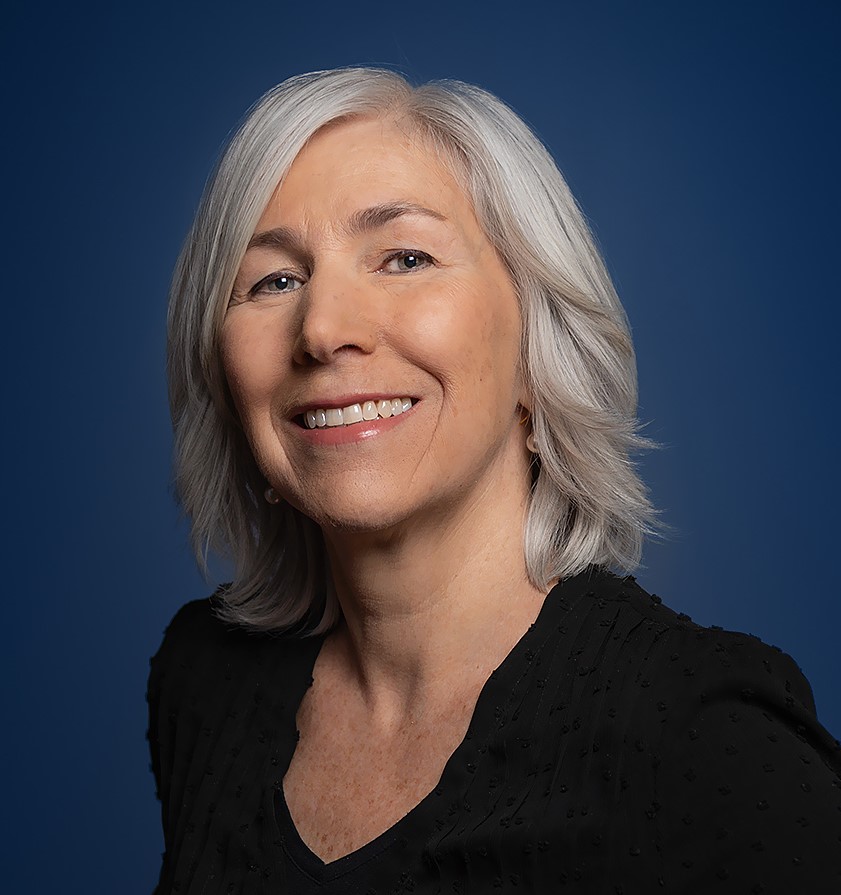 Cheryl Arrowsmith, Ph.D.
Cheryl Arrowsmith, Ph.D.
Senior Scientist, University of TorontoCheryl Arrowsmith is a Senior Scientist at the Princess Margaret Cancer Centre, Professor in the Department of Medical Biophysics, University of Toronto, and the Chief Scientist of the Structural Genomics Consortium (SGC) at the University of Toronto. Her research focuses on the structural and chemical biology of chromatin and epigenetic regulatory factors especially as relates to cancer and drug discovery. In partnership with major pharmaceutical companies, she leads the SGC’s international open science program that is developing and distributing unencumbered Chemical Probes that support the discovery of new medicines. She received her Ph.D. from the University of Toronto and carried out postdoctoral research at Stanford University, and was co-founder of Affinium Pharmaceuticals, which developed a new medicine for multidrug resistant bacteria. She has published over 300 research articles, and was recognized by Clarivate Analytics as being among the worlds top 1% of highly cited scientists in 2018, 2019 and 2022. She was elected a AAAS Fellow (2015), and a Fellow of the Royal Society of Canada (2020).
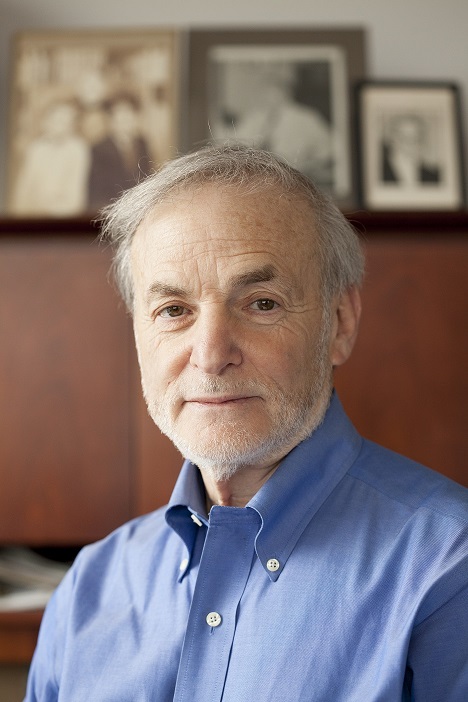 Stephen B. Baylin, M.D.
Stephen B. Baylin, M.D.
Co-Director, Cancer Genetics and Epigenetics Program at Johns Hopkins; Virginia and D.K. Ludwig Chair in Cancer Research; Co-Leader, VAI-SU2C Epigenetics Dream Team; Professor, Oncology and Medicine, Johns Hopkins and The Van Andel Institute, Johns Hopkins UniversityFor over 30 years, Dr. Baylin has studied the role of epigenetic gene silencing in the initiation and progression of human cancer. He and his colleagues fostered the concept that DNA hypermethylation of gene promoters, and associated transcriptional silencing, can serve as an alternative to mutations for producing loss of tumor suppressor gene function. They have described some of the classic genes involved, invented approaches to randomly screen the cancer genome for such genes and to demonstrate their functional role in cancer progression. They are helping to unravel the molecular mechanisms responsible for the initiation and maintenance of the gene silencing, and utilized all of their findings for translational purposes. For the latter activity, Dr. Baylin currently co-leads, with Peter Jones, the Van Andel Institute Stand up to Cancer (SU2C), Epigenetic Therapy Team. Baylin has authored or co-authored some 500 full-length publications on the above and other areas of cancer biology. Dr. Baylin is currently co-Chief of the Cancer Genetics and Epigenetics Program of The Sidney Kimmel Comprehensive Cancer Center at Johns Hopkins and is the Virginia and D.K. Ludwig Chair in Cancer Research. Representative honors include: the 2004 National Investigator of the Year Award from the NCI SPORE program; the 2005 Shubitz Cancer Research Prize from the University of Chicago; the 2009 Kirk A. Landon-AACR Prize for Basic Cancer Research, (with Peter A. Jones); the 14th NCI Alfred G. Knudson Award in Cancer Genetics; and again, with Dr, Jones, the 2011 American Cancer Society’s Medal of Honor. He has been elected as a Fellow of the AACR Academy in 2014, to the National Academy of Sciences in 2017 and to the American Association for the Advancement of Science (AAAS) in 2020.
 Rong Fan, Ph.D.
Rong Fan, Ph.D.
Harold Hodgkinson Professor, Biomedical Engineering; Professor, Pathology, Yale University; Yale School of MedicineDr. Rong Fan is the Harold Hodgkinson Professor of Biomedical Engineering at Yale University and Professor of Pathology at Yale School of Medicine. He received a Ph.D. in Chemistry from the University of California at Berkeley and completed the postdoctoral training at California Institute of Technology before joining the faculty at Yale University in 2010. His current interest is focused on developing microtechnologies for single-cell and spatial omics profiling to interrogate functional cellular heterogeneity and inter-cellular signaling network in human health and disease (e.g., cancer and autoimmunity). He co-founded IsoPlexis, Singleron Biotechnologies, and AtlasXomics. He served on the Scientific Advisory Board of Bio-Techne. He is the recipient of a number of awards including the National Cancer Institute’s Howard Temin Career Transition Award, the NSF CAREER Award, and the Packard Fellowship for Science and Engineering. He has been elected to the American Institute for Medical and Biological Engineering (AIMBE), the Connecticut Academy of Science and Engineering (CASE), and the National Academy of Inventors (NAI).
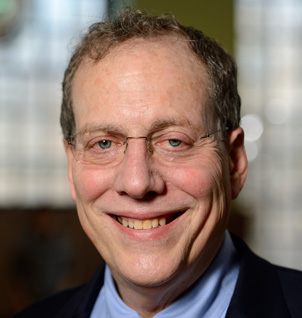 Andrew Feinberg, Ph.D.
Andrew Feinberg, Ph.D.
Bloomberg Distinguished Professor of Medicine, Biomedical Engineering and Public Health, Johns Hopkins UniversityAndrew Feinberg discovered altered DNA methylation in cancer in 1983 with Bert Vogelstein. Over the decades since, Feinberg and his colleagues have shaped the landscape of our understanding of DNA methylation and other epigenetic changes, and their applications to epidemiology and medicine, and have introduced groundbreaking laboratory and statistical methods to the study of the epigenome. He and his colleagues discovered human imprinted genes and loss of imprinting (LOI) in cancer, and they proved the epigenetic hypothesis of cancer through their work on Beckwith‐Wiedemann syndrome. He pursued this work while he was an HHMI Investigator at the University of Michigan from 1986-1994, when he returned to Johns Hopkins as King Fahd Professor of Molecular Medicine in the Department of Medicine. Most recently, he pioneered genome‐scale epigenetics (epigenomics), with the first NIH funded Epigenome Center, pioneering methods including the first comprehensive genome‐scale methylation discovering the major target for epigenetic variation in humans, CpG island shores. He led the first whole genome bisulfite sequencing analysis of human cancer, discovering oligonucleosomal and larger methylation and chromatin blocks whose dysregulation drives CpG island shore hypomethylation, CpG island hypermethylation, and epithelial‐mesenchymal transition. He has also helped to create the field of epigenetic epidemiology, discovering epigenetic mediation of genetic variants in disease. He has made several important theoretical contributions as well, including the epigenetic progenitor hypothesis of cancer and the role of entropy in epigenetic development and disease, the mathematical development of these ideas, and their application to understanding cancer plasticity. He is currently the Bloomberg Distinguished Professor of Epigenetics in the Johns Hopkins University Schools of Medicine, Engineering and Public Health, where he is Director of the Center for Epigenetics. He is a recipient of an NIH Director’s Pioneer Award, an NCI MERIT Award, and the Fyodor Lynen Medal for the discovery of altered DNA methylation in cancer. He is a member of the National Institute of Medicine and American Academy of Arts and Science, and he has received honorary doctorates from the University of Uppsala, the Karolinska Institute, and the University of Amsterdam. He currently serves on the NIH Council of Councils. Dr. Feinberg has more than 100,000 citations and is cited by Clarivate and other indexing services as one of the world’s most influential scientists.
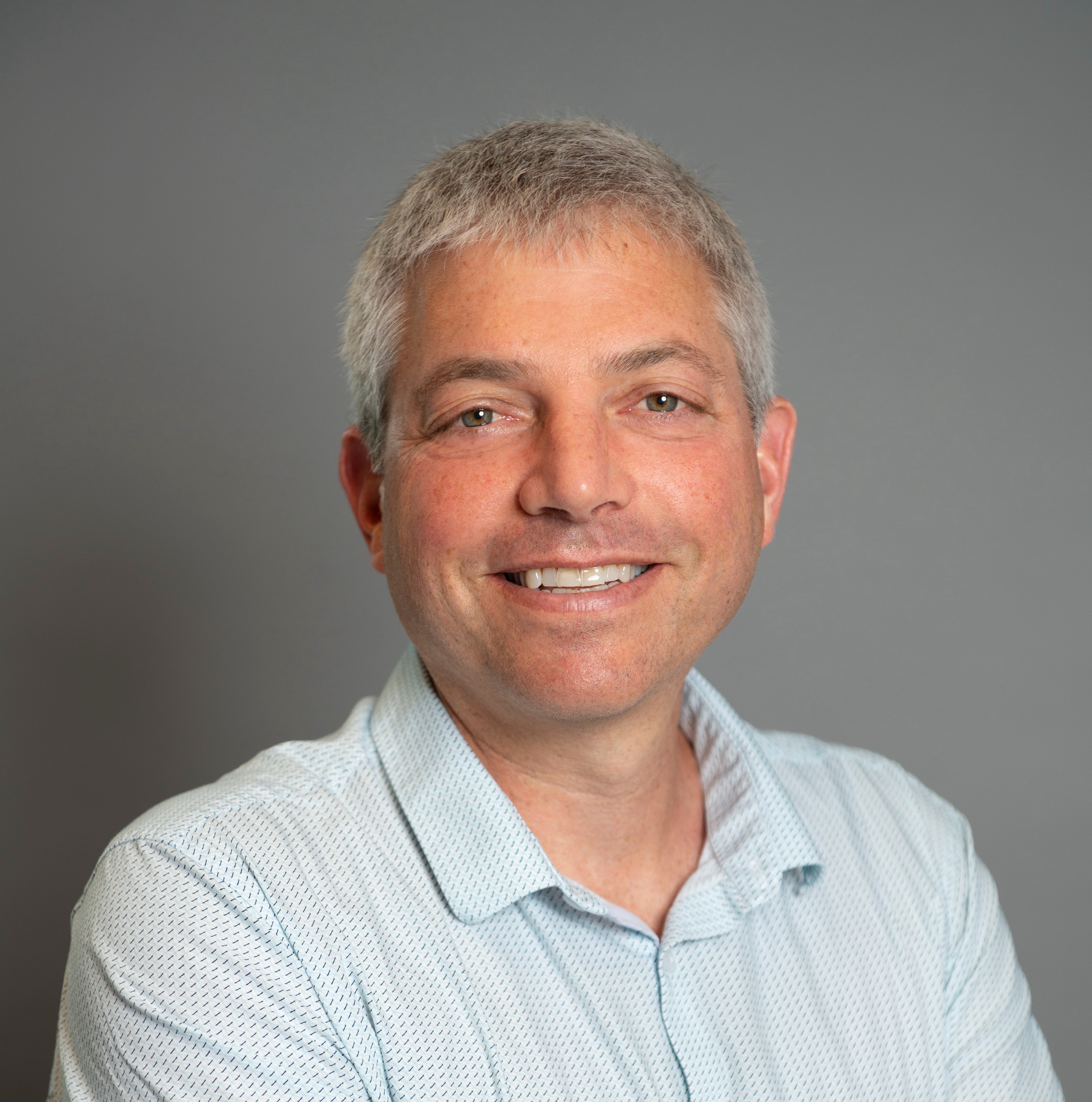 Or Gozan, M.D., Ph.D.
Or Gozan, M.D., Ph.D.
Morris Herzstein Professor, Biology, Stanford UniversityDr. Gozani is the Morris Herzstein Professor in the Department of Biology at Stanford University. Since starting his group, over 45 PhD graduate thesis students and post-doctoral fellows have trained or are presently training in the Gozani lab. Insights and discoveries made by members of the Gozani lab have uncovered pivotal roles for protein methylation in the regulation of chromatin biology, epigenetics, and cell signaling in human disease. Dr. Gozani received his BA in molecular biology at UC Berkeley and his MD and PhD degrees from Harvard Medical School. Dr. Gozani completed his post-doctoral training at Harvard Medical School. Dr. Gozani is a recipient of a Burroughs Wellcome Career Award in Biomedical Sciences, a Kimmel Scholar Award, a Searle Scholar Award, and an Ellison Senior Scholar in Aging Award. Dr. Gozani is a scientific co-founder of EpiCypher, Inc, K36 Therapeutics, Inc., and ABio Therapeutics, Inc.
- Eva Hernando, Ph.D.
Professor, Pathology, New York University Grossman School of MedicineEva Hernando graduated in 1999 with a PhD degree in Molecular Biology from the Universidad Autonoma (Madrid, Spain). She conducted her postdoctoral studies at Memorial Sloan-Kettering Cancer Center and Cold Spring Harbor Laboratories. In 2006, she joined the Department of Pathology of NYU School of Medicine where she is currently a tenured professor. Her laboratory studies the contribution of non-genetic alterations –including epigenetic programs and non-coding RNA– to metastasis, using melanoma as a paradigmatic aggressive tumor. Her studies have revealed novel drivers of melanoma maintenance and progression, such as the stress response factor HSF1 (Nat Cell Biol 2015), the BET epigenetic readers (Mol Cell 2017), the histone demethylase PHF8 (Science Adv 2022) and the orphan nuclear receptor NR2F2 (Nat Comm 2023) in melanoma metastasis. The Hernando lab has also identified non-coding RNA that functionally contribute to various aspects of melanoma progression and therapeutic resistance, including microRNA (PNAS 2009; Cancer Cell 2011; JNCI, 2015) and circular RNA (Cancer Cell, 2020). Overall, these studies have shown that melanoma metastatic potential often results from retention or re-activation of epigenetic and transcriptional programs characteristic of neural crest cells, the melanocyte cell of origin and a multipotent, highly migratory cell type.
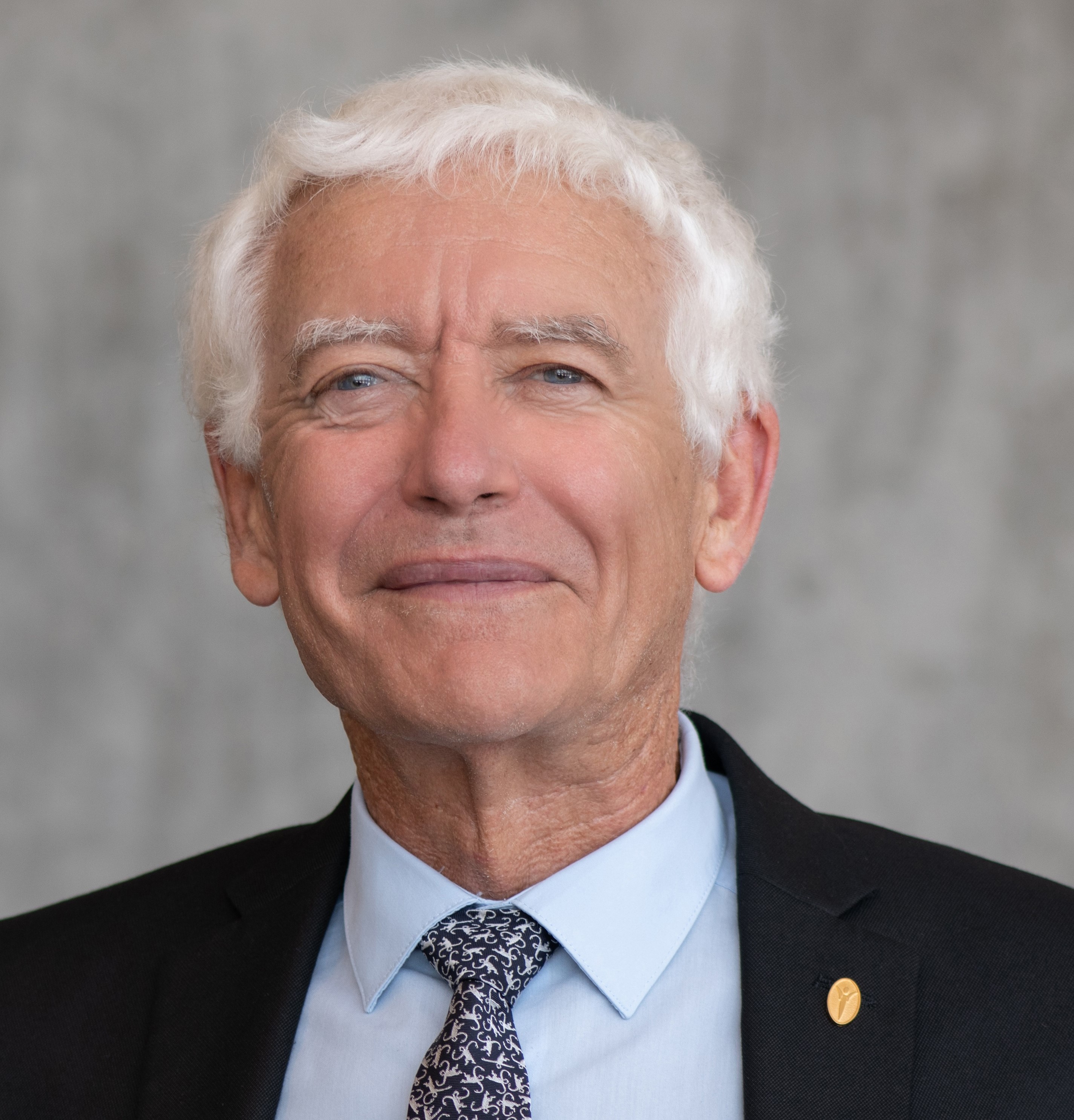 Peter A. Jones, Ph.D, DSc (hon)
Peter A. Jones, Ph.D, DSc (hon)
Chief Scientific Officer, Van Andel Institute: President, Van Andel Institute Graduate School: Professor, Department of Epigenetics: Co-leader, VAI-SU2C Epigenetics Dream Team, Van Andel InstitutePeter Jones was born in Cape Town, raised and attended college in Rhodesia (now Zimbabwe), and received his Ph.D. from the University of London. He joined the University of Southern California in 1977, attaining the rank of Professor in 1985 and Distinguished Professor in 1999. He served as Director of the USC Norris Comprehensive Cancer Center between 1993 and 2011. Dr. Jones became Chief Scientific Officer of Van Andel Institute (VAI) in Grand Rapids, Michigan in 2014. His laboratory discovered the effects of 5 azacytidine on cytosine methylation and first established the link between DNA methylation, gene expression and differentiation. He helped pioneer the field of epigenetics, particularly its role in cancer, and helped develop novel cancer therapies. He has published more than 300 scientific papers and received several honors, including two Outstanding Investigator Awards from the NCI. He and Stephen Baylin shared the Kirk Landon Award for Basic Cancer Research from the AACR in 2009 and the Medal of Honor from the American Cancer Society in 2011. Dr. Jones is a past President of the American Association for Cancer Research (AACR) and was elected a Fellow of the American Association for the Advancement of Science in 2009 and a Fellow of the Academy of the AACR in 2013. He was elected a member of the National Academy of Sciences of the USA in 2016, the American Academy of Arts and Sciences in 2017 and received an honorary D.Sc. from Stellenbosch University in 2018.
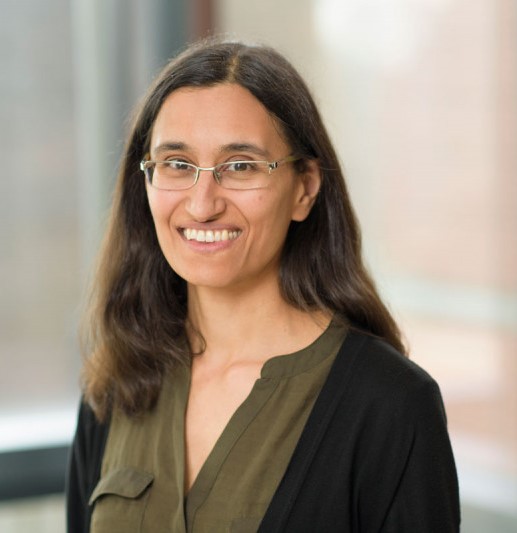 Christina Leslie, Ph.D.
Christina Leslie, Ph.D.
Member, Computational and Systems Biology Program, Memorial Sloan Kettering Cancer CenterChristina Leslie did her undergraduate degree in Pure and Applied Mathematics at the University of Waterloo in Canada. She was awarded an NSERC 1967 Science and Engineering Fellowship for graduate study and did a PhD in Mathematics at the University of California, Berkeley, where her thesis work dealt with differential geometry and representation theory. She won an NSERC Postdoctoral Fellowship and did her postdoctoral training in the Mathematics Department at Columbia University in 1999-2000. She then joined the faculty of the Computer Science Department and later the Center for Computational Learning Systems at Columbia University, where she began to work in computational biology and machine learning and became the principal investigator leading the Computational Biology Group. In 2007, she moved her lab to Memorial Sloan Kettering Cancer Center, where she is currently a Member of the Computational and Systems Biology Program. Dr. Leslie is well known for developing machine learning approaches for the analysis and interpretation of high-throughput biological data – in particular, bulk and single-cell transcriptomic, epigenomic, and 3D genomic sequencing data sets – with the goal of decoding gene regulation. Biological application domains include basic and cancer immunology, cancer epigenetics, and stem cell biology and cellular differentiation. She is PI, together with Alexander Rudensky, of the NCI U54 Center for Tumor-Immune System for Systems Biology at MSKCC. She also co-leads projects in the NHGRI Impact of Genomic Variation on Function (IGVF) consortium and the NIH Common Fund 4D Nucleome (4DN) consortium.
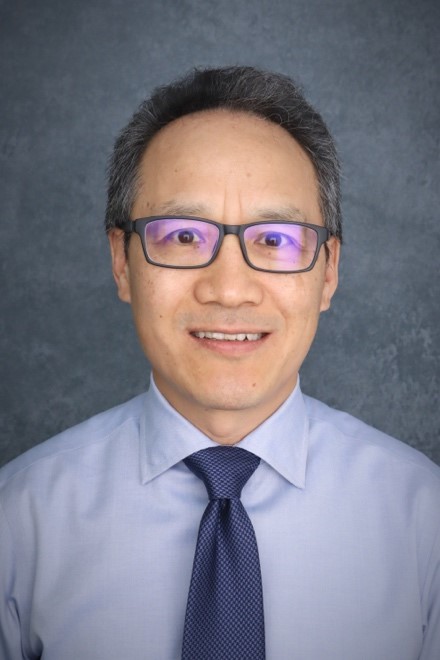 Sean (Xue) Li, Ph.D.
Sean (Xue) Li, Ph.D.
Professor of Medicine; Co-Leader of Cancer Biology Program, Cedars SinaiSean (Xue) Li obtained his PhD in Molecular Cell and Developmental Biology from the Mount Sinai School of Medicine in New York and completed his postdoctoral training at the University of California, San Diego. He served on the faculty at Boston Children’s Hospital, Harvard Medical School, for 15 years before joining Cedars-Sinai Medical Center as Professor of Medicine in 2020 and serving currently as a Co-Program Leader of the Cancer Biology Program of Cedars-Sinai Cancer Center. Li is known for his contributions to understanding sex as a biological variable in mammalian embryogenesis and in bladder cancer. His study has led to a novel concept of the epigenetic sex and, the effects of which intersect with the effects of sex chromosomes and sex hormones causing gender disparities in bladder cancer.
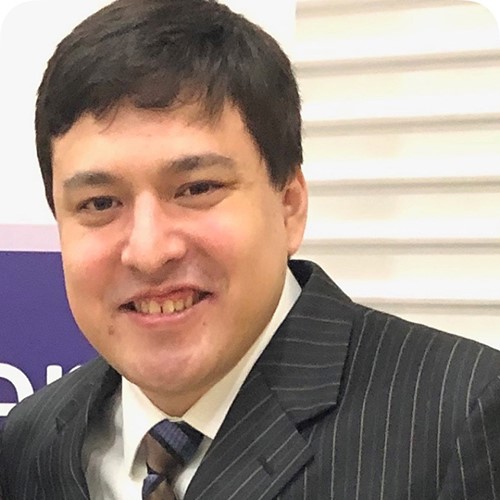 Jason Locasale, Ph.D.
Jason Locasale, Ph.D.
Associate Professor, Duke UniversityJason W. Locasale, Ph.D. is an internationally recognized scholar and mentor in the field of metabolism focusing on cancer metabolism, metabolomics, nutrition and the metabolic interface of epigenetics with emphasis on quantitative principles.
He graduated from Rutgers University, Summa Cum Laude with degrees in Chemistry and Physics. He received his Ph.D. at the Massachusetts Institute of Technology with formal training in Chemistry and Biological Engineering. He has taught and conducted research at Harvard Medical School, Cornell University and currently Duke University.
Dr. Locasale has been one of the leaders in the use of metabolomics approaches to study of metabolism in health and diseases including cancer. He has made seminal contributions to our understanding of metabolism including the discovery of serine synthesis in cancers, defining the quantitative of the Warburg Effect and altered glucose metabolism in cancer, and the role of metabolism in mediating chromatin status and epigenetics, and the role of dietary amino acids in cancer. His research combines quantitative approaches in metabolomics and mathematical modeling with biochemistry, cell biology and genetics. He has authored over 200 publications on these and other topics in peer reviewed journals including Nature, Cell and Science. He has served numerous leadership positions in academia and industry and has received a number of awards including the President’s mentoring award at Duke and recognition as a highly cited researcher for citation metrics in the top 1% of a field.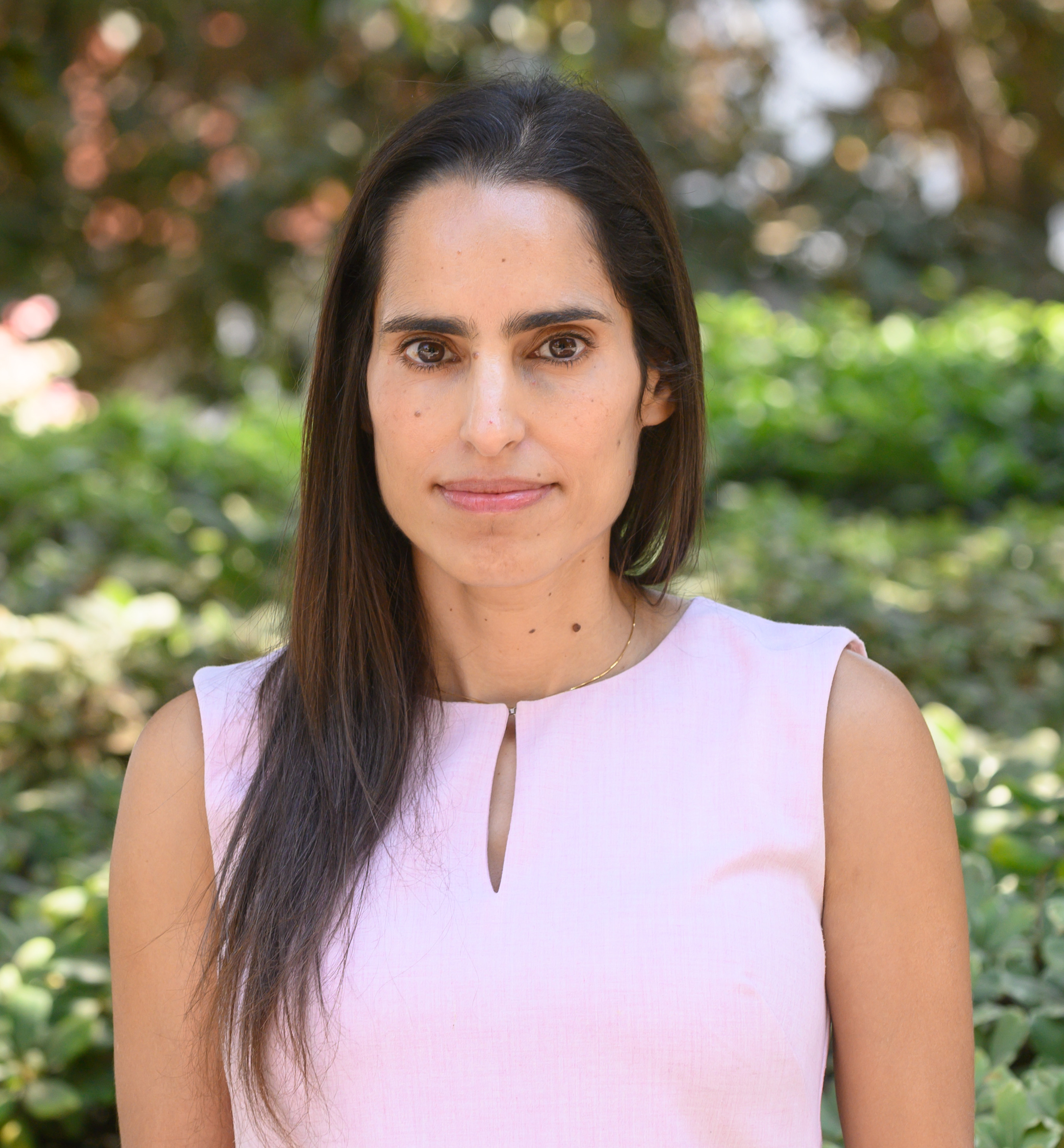 Efrat Shema, Ph.D.
Efrat Shema, Ph.D.
Assistant Professor, Weizmann Institute of Science.Dr. Efrat Shema is an assistant professor at the Weizmann Institute of Science. She conducted her postdoctoral research at Massachusetts General Hospital and Harvard Medical School, where she pioneered a novel technology to study the epigenome using single-molecule imaging. In her lab at the Weizmann Institute, Dr. Shema’s research passion is to understand human genome regulation by the development and application of novel single-molecule and single-cell technologies to visualize the epigenome. Her goal is to reveal basic mechanisms of epigenetic deregulation in cancer, identify epigenetic vulnerabilities of cancer cells, and pave the way to new therapeutic opportunities that would benefit patients.
Since starting her lab at Weizmann, Dr. Shema secured several prestigious grants and awards, such as the European Research Council Grant for young investigators (ERC) and the prestigious European Research Council Proof of concept grant (ERC-PoC-2020) for the development and commercialization of a novel liquid biopsy diagnostic technology, recently published by her lab in Nature Biotechnology. Dr. Shema authored numerus publications in prestigious journals, with over 2700 citations.
 Theresa Vincent, Ph.D.
Theresa Vincent, Ph.D.
PI/Group Leader, Molecular Cancer and Stem Cell Therapeutics, New York University Grossman School of MedicineDr. Theresa Vincent, a cancer biologist, specializes in tumor cell plasticity, metastasis, ribosome biology and translation control. Her groups’ pioneering work unveiled the critical role of ribosomal RNA (rRNA) synthesis in driving cancer cell metastasis and the epithelial to mesenchymal transition (EMT) program. She earned her M.S. in 2000 and her Ph.D. in Cell and Molecular Biology in 2007 from the Karolinska Institutet, Stockholm, Sweden. After postdoctoral fellowships at the Karolinska Institutet and Weill Cornell Medicine from 2008 to 2011, she joined the Karolinska Institutet as a faculty member in 2012. In 2014, she established her independent lab and also held a visiting assistant professorship at Weill Cornell Medicine from 2012 to 2019. Dr. Vincent conducts collaborative research activities, primarily at NYU Grossman School of Medicine, while maintaining her faculty position at the Karolinska Institutet. She has been the Editor in Chief of Seminars in Cancer Biology since 2013, a review journal in the field of molecular oncology. Additionally, she serves as a reviewer for various international research foundations and is a standing member of the review board of the Swedish childhood cancer foundation and the Swedish Research council.
 Chia-Lin Wei, Ph.D.
Chia-Lin Wei, Ph.D.
Professor & Director, Northwest Genomic Center (NWGC, University of WashingtonDr. Wei is a Professor at the University of Washington (UW) Genome Sciences Department and director of the Northwest Genomics Center. Dr. Wei got her Ph.D. (Microbiology) from University of California at Davis and received her postdoctoral training at Massachusetts Institute of Technology (MIT) focused on Drosophila development and apoptosis. Prior to joining UW, she has built and directed three large-scale sequencing centers, at the Genome Institute of Singapore, the Joint Genome Institute and the Jackson Laboratory.
Dr. Wei's primary research focus is the development and application of advanced genomic technologies to study the molecular mechanisms of through which genome variation and three-dimensional (3D) chromatin organization affects genome function. Her lab pioneered the development of a suite of novel omics approaches which have transformed our knowledge in how noncoding elements regulate transcription during development and disease states.
